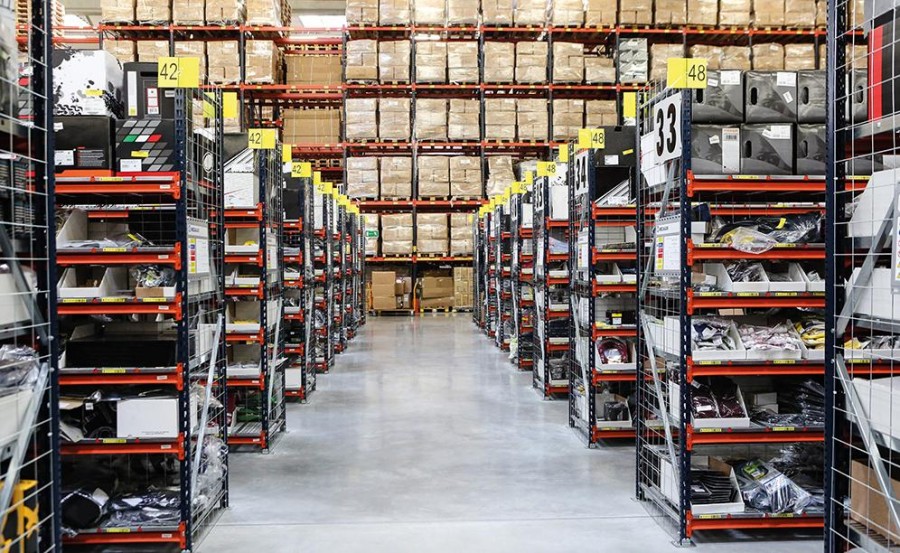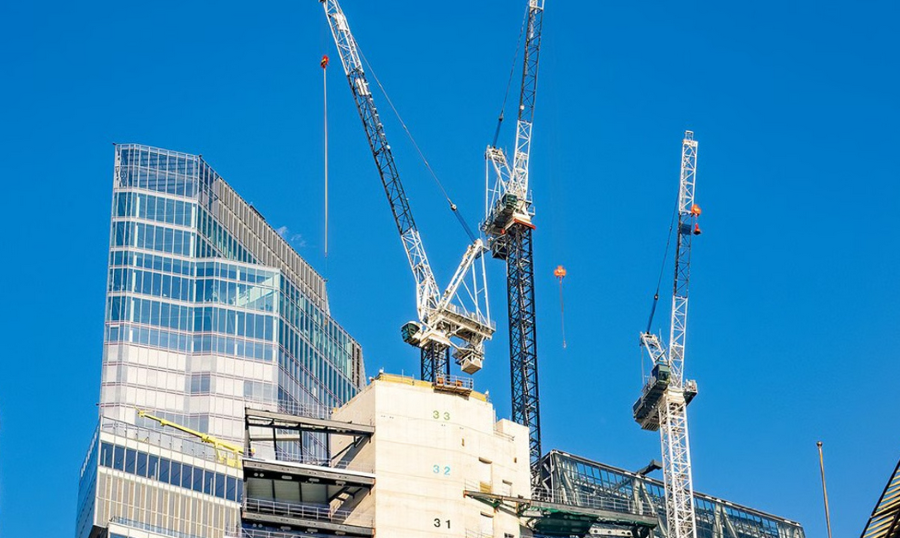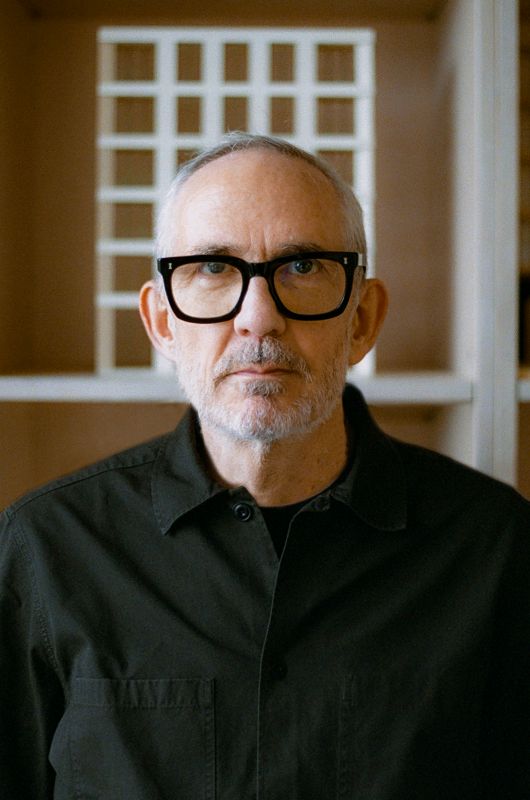UK manufacturing contracted at the start of the final quarter, as October saw output, new orders and employment all decline.
There were reports that difficult and uncertain market conditions led to increased caution among both manufacturers and their clients alike.
The seasonally adjusted S&P Global / CIPS UK Manufacturing Purchasing Managers’ Index (PMI) posted 44.8 in October, up from 44.3 in September but below the earlier flash estimate of 45.2. All five of the sub-components included in the PMI calculation signalled a deterioration in operating conditions during October.

Alongside lower new orders, output and employment, stocks of purchases also declined and suppliers' delivery times improved (traditionally a sign of weak demand). Production fell for the eighth successive month in October, the most sustained sequence of unbroken contraction since 2008/09.
Moreover, the rate of decline remained solid and was slightly sharper than in the prior survey month. There were reports of output being scaled back in response to client destocking and declining intakes of new work. The start of the final quarter saw manufacturers buffeted by tough market conditions both at home and overseas.
The total level of new business received decreased for the seventh straight month in October, albeit to a slightly weaker extent than in September. Meanwhile, weaker inflows of new work from Europe, mainland China and Brazil were the main factors underlying a twenty-first successive month-on[1]month decline in new export business.
The dual downturns in production and new work intakes led to increased caution among manufacturers during October. This was highlighted by further cut backs in purchasing activity, stocks of purchases and finished goods inventories, as companies adapted to current demand requirements, reduced their spending and protected cash flow.
October saw manufacturing job losses for the thirteenth consecutive month. Although the rate of contraction eased slightly, it remained sharper than the average for the current sequence of decline. Signs of spare capacity at manufacturers contributed to the latest round of job cuts and also to a further reduction in backlogs of work.
The level of work-in-hand (but not yet completed) has fallen throughout the past one-and-a-half years, with the latest decline among the steepest in the series history. Although manufacturers maintained a positive outlook, business optimism retreated to a ten-month low in October. While over half (54%) of respondents expect output to rise over the coming year, 36% forecast broad stagnation with the remainder anticipating contractions.
Concerns about consumer uncertainty, the cost of living crisis and tough market conditions contrasted with hopes raised by planned growth strategies, product launches and a possible revival in market conditions. October saw price pressures decline, as input costs and output charges both decreased during the month. Purchase prices fell for the sixth month in a row, reflecting lower costs for board, energy, fuels, packaging, paper, pulp, steel and transportation.
Market forces (especially weak demand) also played a role in reducing costs. Selling prices meanwhile decreased for the fourth time in the past five months. Companies linked reduced output charges to passing on lower purchasing costs and weak market demand. Trends in price measures signalled that while medium and large sized manufacturers saw input costs and prices for finished products rise, both continued to rise at small-scale producers.
Rob Dobson, Director at S&P Global Market Intelligence, said: “The UK manufacturing downturn continued at the start of the final quarter of the year, meaning the factory sector remains a weight dragging on an economy already skirting with recession.
"Production volumes contracted for the eighth consecutive month, the longest sequence of continual decline since 2008-09, as weak demand at home and overseas led to a further retrenchment of new order intakes. Companies are finding trading conditions difficult as they face headwinds from client destocking, market uncertainty and the impact of the cost-of-living crisis on consumer demand.
"Risks to the outlook remain skewed to the downside. Business optimism dipped to a ten-month low and manufacturers' increased belt-tightening drove cuts to employment, purchasing and inventories.
"Although both input prices and output charges fell in October, this brighter inflation outlook comes at the cost of increased recession risk, being a symptom of the broader weak demand malaise.”
Dr John Glen, Chief Economist at the Chartered Institute of Procurement & Supply, said: “With another contraction in manufacturing activity, any sustained optimism about the next 12 months amongst manufacturing companies was likely to be as a result of hope over the evidence.
“That’s because the UK economy remains in poor shape, and subsequently manufacturing production is experiencing its most sustained downturn since the recession of 2008/9. New order placements at manufacturing businesses dropped for the seventh month in a row, as demand from both domestic and overseas customers declined. Job losses continued as cuts in operational capacity seemed to be the only way for firms struggling to pay bills to keep their heads above water.
“An improvement in input costs, which fell for the sixth month in a row, and improved delivery times was not enough to boost the sector back into growth.”




















